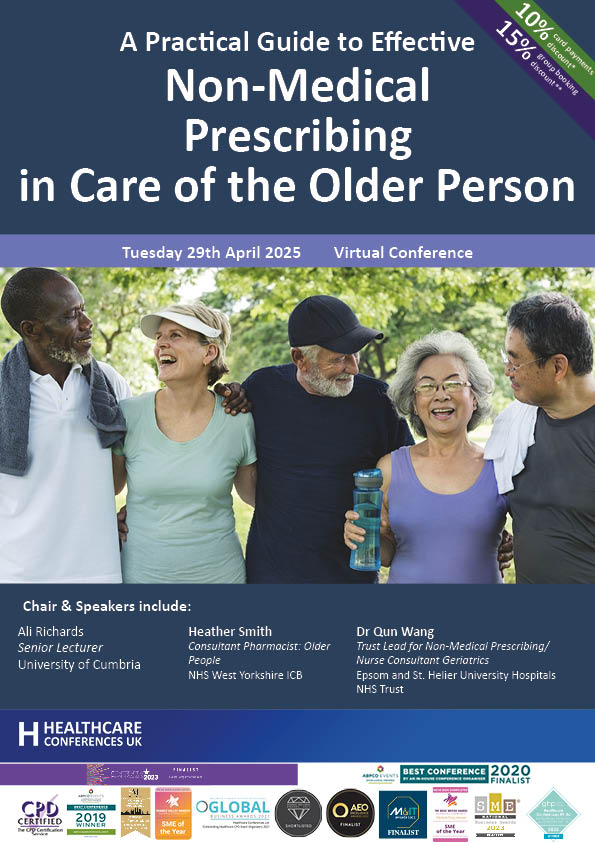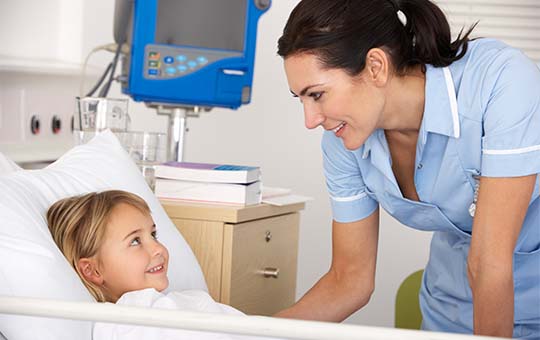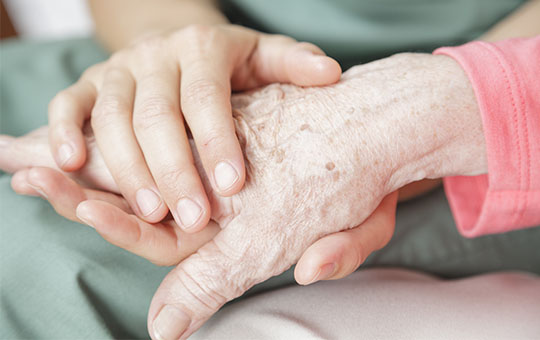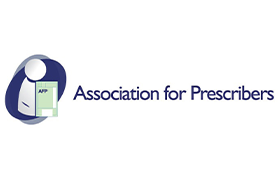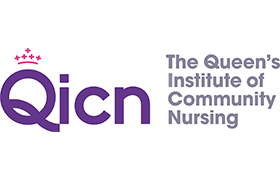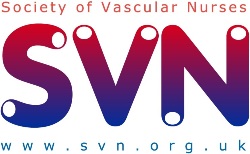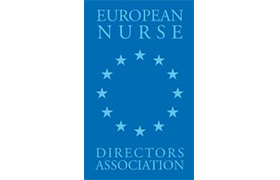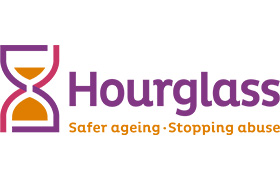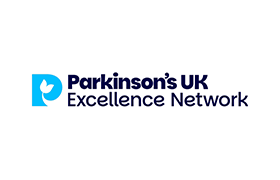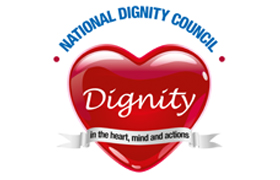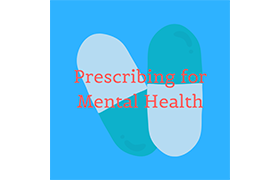Follow the conference on X #NMPolder
This important national conference provides an essential update on non medical prescribing for older adults. Through national updates and extended interactive practical case studies delegates will hear how to develop and maintain prescribing competence, and how to develop effectiveness in post qualification practice. The conference will discuss the role of the Updated Prescribing Competency Framework in supporting non medical prescribing in older adults. The conference will include case studies on managing pain in the older person, improving medicines optimisation, prescribing in falls prevention, frail older people, and delirium, and developing the role of the NMP in acute care, primary care, community care and care homes. The conference will include an extended focus on ensuring patient safety and the Nurse Prescribers role with regard to medication management, polypharmacy and de-prescribing.
In the afternoon the conference will split into two streams one focusing on improving nurse prescribing in the acute setting, and a second option which will focus on primary and community care prescribing for older people.
“It is important that we recognise why this area of non-medical prescribing is different to other areas of clinical practice…. There are specific challenges around medication in older people which the prescriber must be cognisant of. We all can appreciate when we have an older person in front of us, they never present themselves as a textbook, perfect case… As people get older, there are changes in the way the body handles medication… Many factors are different in older people…Whilst we must always prescribe to improve the quality of life of all patients, specifically in older people, we cannot increase the risks of worsening or inducing frailty syndromes in older people.”
Nigel Dodds, Consultant Nurse for Older People Kings College Hospital NHS Foundation Trust January 2024
“Rates of medication error are higher in older adults, in care home settings, primary and secondary care and during transfer of care, contributing to high rates of hospital admission among people over 75, especially those with frailty… patient safety is paramount when addressing older adults prescribing”
Getting it Right First Time Geriatric Medicine
“Poor prescribing practice and a lack of information sharing about medicines means that older people are being let down too often by both their clinicians and the healthcare system that is supposed to look after them.”
More harm than good Why more isn’t always better with older people’s medicines, Age UK
This conference will enable you to:
Network with colleagues who are working to improving non medical prescribing for older adults
Learn from outstanding practice in ensuring patient safety in older adult prescribing
Reflect on Pain management in the older adult and some of its many facets through case presentation
Improve medicines optimisation
Understanding how to reduce inappropriate or problematic polypharmacy
Learn how to use the National Prescribing Competency Framework (as required by the NMC)
Understand how to effectively develop, demonstrate and maintain continued competence in Prescribing for Older Adults
Explore best practice in frailty, Polypharmacy & Prescribing
Choice of extended workshop streams on acute care or primary/community care
Reflect on lessons from experts in non medical prescribing for specific case study areas with in depth interactive sessions focusing on pain in the older person, medication management for falls prevention, prescribing to avoid delirium and the role of the NMP in care homes
Working with patients with co-morbidity
Develop your role and confidence as a non medical prescriber
Self assess, reflect and expand your skills in prescribing practice whilst understanding your limits of practice
Supports CPD professional development and acts as revalidation evidence. This course provides 5 Hrs training for CPD subject to peer group approval for revalidation purposes
100% of delegates attending the last conference said it would ultimately have a positive impact on patient experience and outcomes.
100% of delegates attending the last conference would recommend this to a colleague.


